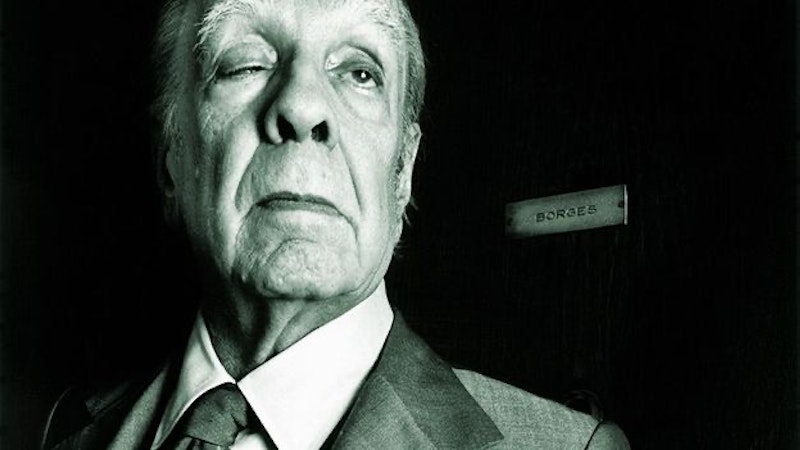A friend is currently making a documentary film involving microscopic photos of plankton in the ocean. Along with some still photos of her work she posted a quote from an oceanographer to the effect that what we call the oceans are just one large and continuous body of water. Though this breaks with the traditional divisions of the Five Oceans or the Seven Seas, it isn’t too abstract as an idea, for what else could it be?
We know that countries are just extended land masses. Taking a plane from Paris to China the change would seem strongly marked, but if we were to walk from Paris to China, would we be as conscious of the gradual changes in natural landscape? Thinking further about it, what we call the seasons, too, shift gradually. If we weren’t told about winter, spring, summer and fall, if we didn’t have our rituals of vacations, holidays and clothing sales to mark them off, how we would experience the cycle? And within our lives the same process of differentiation holds true through childhood, adolescence, adulthood and old age. I don’t know when it was exactly that I noticed that I was no longer a “spring chicken,” but it wasn’t a sudden process.
We apply the same thinking to history. This results in the Stone Age, the New Stone Age, the Bronze Age, the Iron Age, the Classical Age, the Industrial Revolution, up to the current period, which I’ll dub the Technological Dark Ages. The successive changes in tools and techniques define what we imagine as a series of categorical before and afters. The same holds true hold true for art and culture. The move from cave painting to plaster mixed with pigments to egg tempera, oil painting, acrylic, mixed media, etc. One technique leads to the next in an evolution towards perfection until finally we arrive at Andy Warhol and Jeff Koons.
One could argue these divisions allow us to function, move around and picture reality. However, I wonder if the historical periods, like imperceptibly shifting landscapes, are seen as categorically distinct from each other because we weren’t alive to experience what would’ve been a series of gradual changes. The problem with departmentalized reasoning is that, just as dissection implies the absence of life and vitality, when we abstract technical, artistic and social changes from the fluid reality of existence we create a false picture of life.
“We are the fools of Time and Terror” wrote Lord Byon in his dramatic poem “Manfred.” And it’s true, our awareness of time and of our limited lifespan reigns over us and conditions our approach to existence. Perhaps this is the reason that we place ourselves into the center, creating a world of oceans, countries, seasons, historical periods, and progress. We separate ourselves from the past, nature and our own experience to exist in a world of our own making.
In his essay “Kafka and His Precursors,” Jorge Luis Borges remarks that Kafka’s writing informs our reading of earlier literary works. He cites a series of texts dating back to antiquity to demonstrate how their themes and situations share the same concerns as those found in Kafka. In this essay, Borges makes the claim that every great writer creates his own precursors, meaning we read them differently. Borges shows that work of Kafka, in providing an optic on works that mirror but predate his own, reveals and clarifies the presence of one of the eternal concerns of the human soul, that which we now call the Kafkaesque.
Borges paradoxically erases the time element from history. He creates a new optic concerning the relationship of the “past” to the “present” and by proxy, all random divisions which separate us from time and space. He reveals a labyrinthine complex of definition and redefinition, a timeless movement back and forth to abolish our received notions of history and culture. Everything becomes relevant to the Now of our lives. He implies that the separation of style, period, local culture, indeed of all the elements by which we temporally separate ourselves are incidental to a larger truth: that despite outward differences in circumstance or fashion, we’re temporal participants in Eternity.

